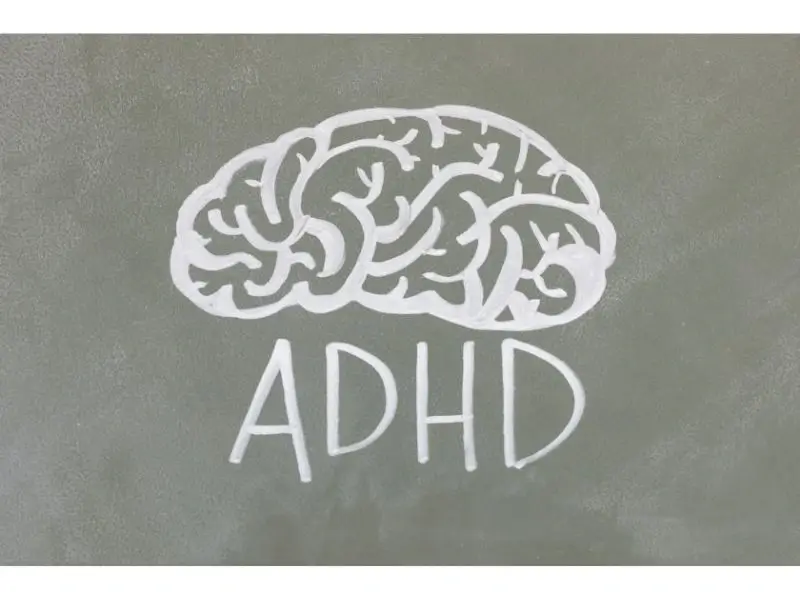
Chronic pain is not just a physical condition; it reaches far beyond the aches in one’s body.
It’s like an unwelcome guest who doesn’t know when to leave, affecting daily life and well-being.
Many people don’t realize that chronic pain and mental health are closely linked, often leaving individuals in a dual battle against both physical and emotional challenges.
What Is Chronic Pain?
Everyone feels pain at some point; it’s a universal experience.
However, when pain lasts for a long time, it’s called chronic pain, and it’s much more than a simple annoyance.
This type of pain can dictate how someone lives their everyday life, affecting their physical abilities, emotional state, and overall well-being.
Chronic pain is a complex condition that lasts a long time.
In contrast to acute pain, which usually happens suddenly due to a clear reason, like an injury, and goes away as the body heals, chronic pain hangs on, often for months or even longer.
Often, chronic pain begins with an injury or illness, but instead of fading away with healing, it remains, becoming a health issue all on its own.
Sometimes, there’s no obvious start or an identifiable reason behind the pain.
This can be puzzling and frustrating for those experiencing it and the doctors trying to help.
The Different Faces of Chronic Pain
Chronic pain comes in many forms and affects people differently.
It can be a throbbing sensation, a dull ache, stinging, burning, or something unique to the individual.
It can be steady or come and go, ranging from mildly annoying to completely debilitating.
There are various conditions associated with chronic pain. Some of the more common ones include:
- Arthritis
- Back pain
- Headaches, including migraines
- Pain from nerve damage or neuropathy
- Fibromyalgia
- Pain after surgery
- Cancer pain
But it’s important to know that chronic pain can appear without any of these conditions and still be very real and very challenging for the person experiencing it.
The Cycle of Pain and Emotional Strain
When pain lingers for weeks, months, or even years, it can wear a person down.
Imagine waking up every day knowing your body will hurt, regardless of what you do.
This can cast a shadow over your mood, outlook, and even your relationships with others.
Over time, persistent pain can lead to feelings of frustration, sadness, and helplessness, which are common signs of mental health struggles such as anxiety and depression.
The body’s response to long-term pain can explain part of this connection.
Pain signals constantly firing in the body can exhaust the nervous system, amplifying stress responses.
In turn, mental health challenges can make the experience of pain more intense because the brain is more focused on the pain signals.
It’s a vicious circle where pain worsens mental health symptoms, and deteriorating mental health amplifies pain perception.
Social Impact and Isolation
Chronic pain can often put up invisible walls between a person and the rest of the world.
Engaging in social activities, pursuing hobbies, and maintaining employment can become difficult.
This can lead to a sense of isolation, causing a person to withdraw from friends and family, further increasing the risk of mental health issues.
Social interactions are also affected as the understanding of pain can vary greatly.
Not everyone can empathize with what it’s like to live with ongoing pain, leading to misunderstandings and additional emotional stress for the person suffering.
Sleep and Fatigue Connection

Good sleep is crucial for overall health, but it’s often elusive for chronic pain patients.
Pain can disrupt sleep, making it hard to fall or stay asleep throughout the night.
The fatigue that comes with inadequate sleep can compound mental stress and lower the threshold for pain, creating an environment where pain and poor mental health can thrive.
Chemical Changes in the Brain
Chronic pain can alter the brain’s chemistry over time.
It can affect neurotransmitters, chemical messengers like serotonin and norepinephrine, that play a role in pain and mood regulation.
This can make a person more sensitive to pain and can also lead to mood changes, making mental health conditions like depression and anxiety more prevalent among those with chronic pain.
The Role of Stress
Stress can exacerbate chronic pain and mental health conditions.
It initiates a response in the body that can make muscles tense and increase pain levels.
Stress can also trigger mental health symptoms, making it more difficult to cope with existing pain.
Managing stress is, therefore crucial for people with chronic pain to improve both their physical and mental well-being.
Moving Toward Better Management
Recognizing the interconnected nature of chronic pain and mental health is key to effective management.
A holistic approach addressing pain’s physical and emotional aspects can lead to better outcomes.
Here are several strategies that can help:
Multi-disciplinary Treatment
Combining physical therapies with psychological support can provide a more comprehensive approach.
This might include medication, physical therapy, counseling, cognitive-behavioral therapy (CBT), and relaxation techniques.
Regular Exercise
Physical activity can release endorphins, the body’s natural painkillers and mood lifters.
Exercise can also improve sleep and reduce stress, addressing several factors in the pain-mental health connection.

Support Groups
Talking with others who understand what it’s like to live with chronic pain can provide emotional relief and valuable coping strategies.
Mindfulness and Meditation
Practices like mindfulness and meditation can help manage stress and pain perception, improving one’s ability to cope with chronic pain and its mental effects.
Adequate Sleep
Improving sleep hygiene can enhance both pain and mental health.
Establishing a regular sleep schedule, creating a restful environment, and prioritizing sleep can make a significant difference.
Healthy Diet
Eating a balanced diet can support both physical and mental health.
Certain foods can have anti-inflammatory effects, which may help manage pain, while others can influence mood and energy levels.
Conclusion
Chronic pain and mental health challenges are deeply intertwined, with each influencing the other.
Understanding this relationship allows individuals and healthcare providers to address better what someone is experiencing.
A proactive and holistic approach can lead to reduced pain and better mental health, enhancing the quality of life for those affected.
Learning to live with chronic pain does not mean having to accept a life of emotional struggle.
With the right support and management strategies, it is possible to break the cycle, build resilience, and find a path to a fulfilling life despite the challenges.
Lifting the taboo around chronic pain and mental health starts with conversation and education.
Fostering awareness and understanding enables us to create environments of support where both physical and mental healing can prosper.
At CNS Center of Arizona, we provide comprehensive clinical care, including psychiatric evaluations, medication management, and individual psychotherapy tailored to your unique needs.
We understand the intricate relationship between physical discomfort and mental well-being and are here to help guide you through.
Visit our website to learn more about our patient-centered approach and how we can assist you or your loved ones.
Contact us and let our team help and support you in your journey toward improved health and resilience.





